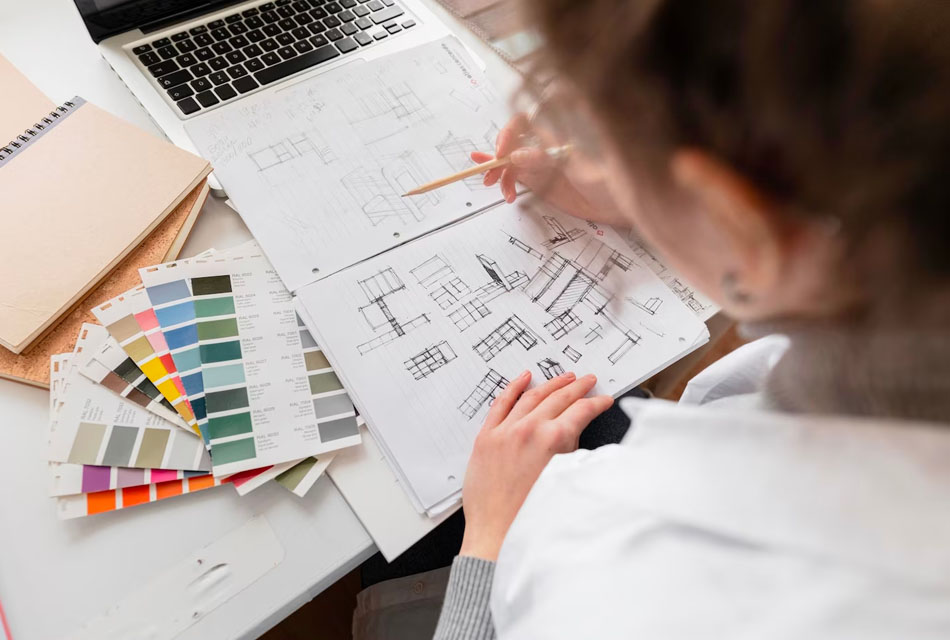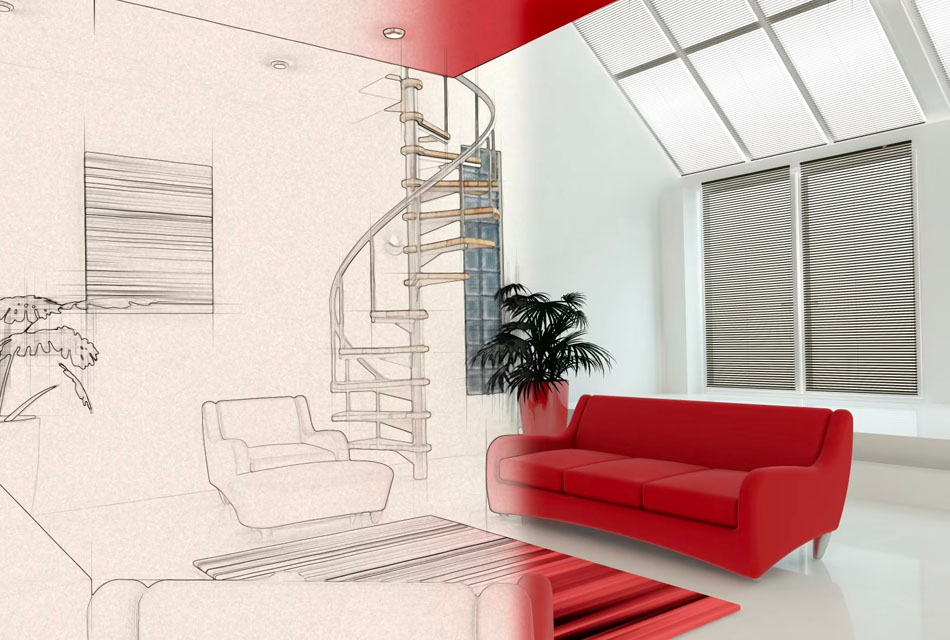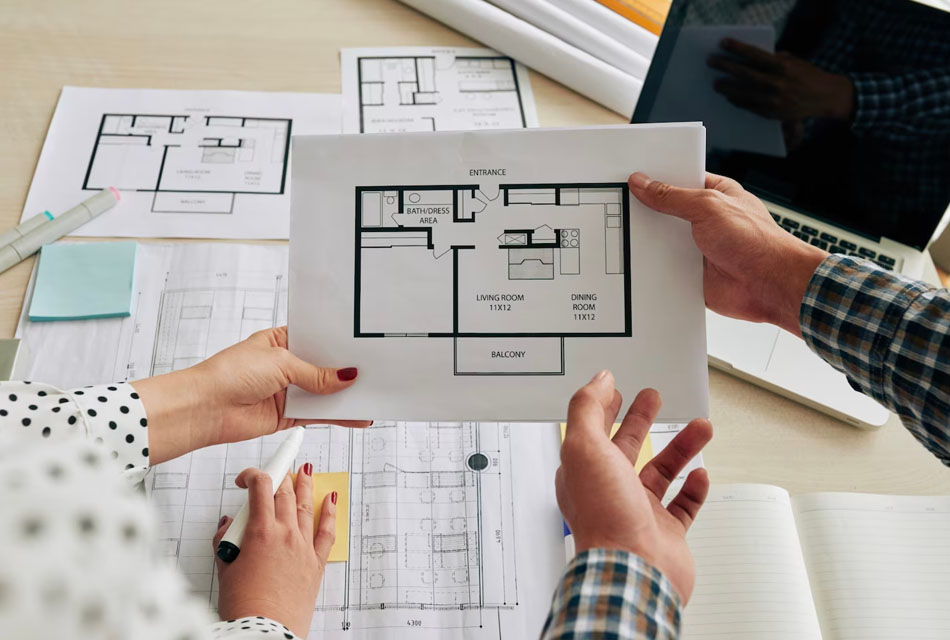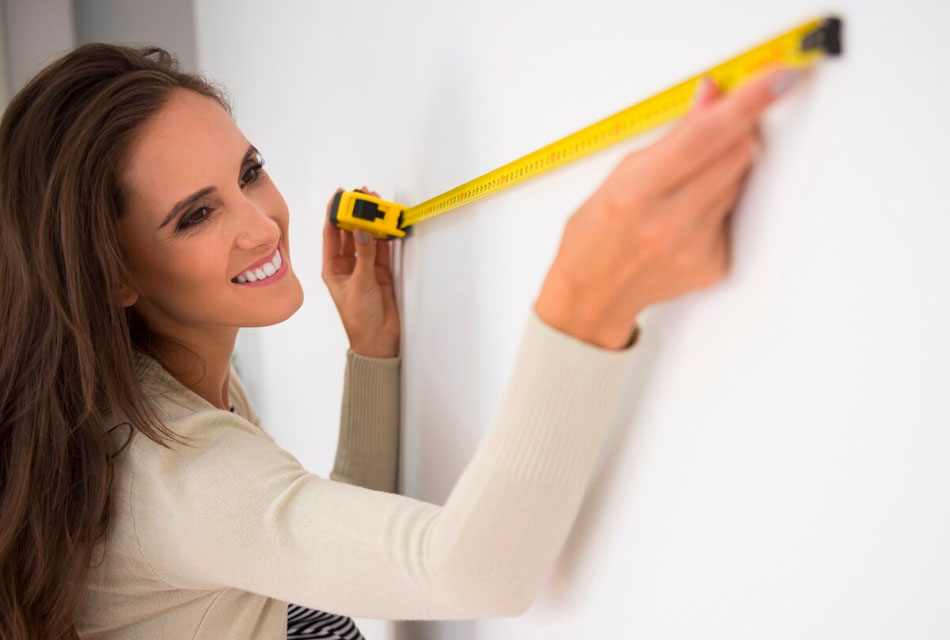
The initial design consultation is one of the most important stages of cooperation with a client because, at this starting point, you can build a relationship with a person, get insights about their project needs and demands, as well as prove your expertise as a home designer. But how to get the most out of that initial meeting?
We have conducted our own research, learn the recommendations of renowned design gurus such as Ann Lowengart, Danu Kennedy, Caitlin Murray, Jonathan Savage and are ready to share valuable tips on how to nail the initial interior design consultation. You will learn how to prepare for a consultation, what major topics to bring to the table, what interior design software prefer this year, and how to bill your services.
You never have a second chance to make the first impression, so ensure you do all possible to dress appropriately. There is no one-size-fits-all recommendation considering attire, but something smart, casual, and unflashy will surely do.
Another CRUCIAL point is to be punctual. In fact, it is even better to arrive at the spot 5 minutes earlier. If for some reason you are late for the scheduled meeting, inform your client about it using instant messaging software or by making a phone call.

The best way to demonstrate your professionalism to potential clients is to show your previous projects. You need to compile a portfolio with the most prominent works and add former interior design presentations into it as well.
Currently, designers also use mood boards when presenting their ideas to clients. However, not everybody knows how such materials work, so make sure to shed light on the entire concept of a mood board and bring some visual samples. Typically, hashing out different project details is easier if you have matching visuals at hand.
Making a proper mood board is a breeze if you use mood board apps. The most popular options are Pinterest, Moodzer, MilaNote, and Vision Board, to name a few.
Besides, designers frequently leverage virtual staging services to give clients a better idea of how a particular place will look in reality. Such a variant is cheaper than traditional home staging while allowing customers to feel the space and envisage them being there.
Some clients feel confused when they ponder on what to ask an interior designer on the first meeting, so you as a specialist can control and direct the conversation. It is highly advisable to research your client to discern what possible requirements may be.
Besides, Danu recommends selecting work samples very meticulously. Moreover, she suggests using your website during a consultation to help clients understand the stages of cooperation.
Designers frequently harness the capabilities of the Internet to see the space they will decorate. Fortunately, it is possible to google the needed site, learn how much people paid for it, and even flick through indoor & outdoor images. Choose this method to understand the layout of the property and its current condition.

When you know how much your clients spent on the property, you can roughly estimate the budget they are ready to invest in design. Dash off approximate calculations to discuss them with clients during a meeting.
By collecting data this way, designers can also develop interesting solutions and present them to clients during an interior design consultation. When both parties are on the same page concerning a future project, the result will be great.

Typically, you can find the real estate layout plan on the net by visiting the developer’s site or credible real estate websites. If it is available online, make sure to download and print out the file. Therefore, you will understand the dimensions of the property and will have a ready-to-use plan for discussion instead of drawing it by hand. This is a wonderful time-saving option.
However, don’t treat the first meeting as a possibility to perform a whole house assessment. Usually, designers make it later when the core processes have been negotiated with clients.
Besides, if you make house measurements in advance without a 100% guarantee that a client will hire you, there are chances that your efforts will go in vain. You need to be sure that a person will choose you for an interior design and that you will receive money for all your services.
After you signed the contract, you can start experimenting with design ideas, creating detailed layouts in floor plan software, and more.
But if you need rough measurements for basic notes, don’t hesitate to print out the plan and use it.
However, there is a fine border between confidence and arrogance. Don’t be too persistent during a consultation. Listen to the client’s wishes and suggest possible ways how to bring them to life.

How you should prepare for a client consultation? One crucial point to keep in mind is to write down basic measurements when talking to a client. Of course, you may need to bring a measuring tape/app, paper, pencil/pen, and a camera/smartphone with you to gauge and save dimensions. Thus, you will understand how much space you have for remodeling.

Once again, you don’t need to know the exact sum that a client is ready to spend on redecoration. However, understanding the financial threshold that you shouldn’t exceed is obligatory. In fact, discussing the key financial matters at the initial interior design consultation may save both parties nerves and regrets down the road.
It is a common practice for interior designers to bring a contract to the meeting so that clients can read it attentively and sign if everything is OK. At this point, clients usually pay a retainer fee, so that designers get down to work on their order.
If a consultation runs smoothly and both parties are satisfied with the cooperation terms, formalizing the contract is a logical decision.
By the way, some interior designers offer their clients to try out real estate photo editing services that may come in handy if people would like to sell their real estate in the future and would need high-quality images for that.
The technical part of the interior design welcome packet consists of the following items:
Though it is hard to predict how things will run in each specific case, typically such a consultation serves as an acquaintance meeting for a designer and clients. They can discuss the scope and peculiarities of the project, touch upon financial matters and a timeline, and other crucial points.
What are your design style preferences? What styles do you want me to eschew? Which colors and patterns do you prefer? Do you have any reference images for me to focus on?
Designers can receive from 10% to 45% of the entire project fee but typically the average sum varies from 15%-30%. The overall project expenses include costs of materials and furniture, as well as contractor fees. The design fees are added to the cost. It is typical to apply a mark-up of 20% to 35% on purchases and services.